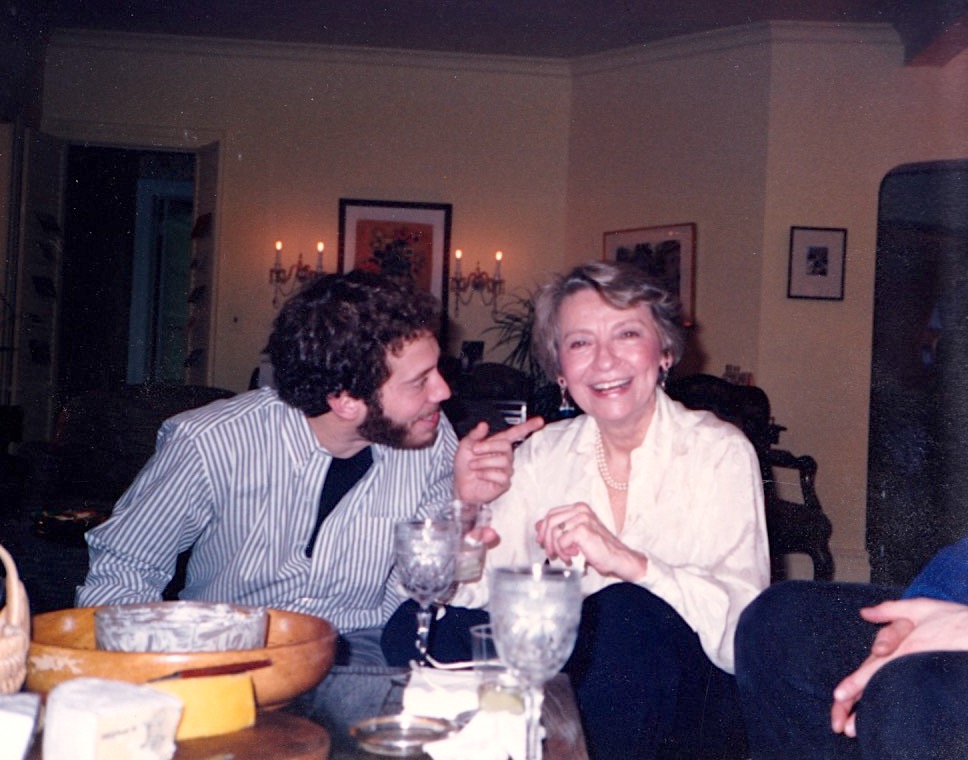 Yesterday would have been my mother’s birthday — her 101st. I’ve written about her, and my dad, quit a bit in this space, though I haven’t written about my mother in a couple of years. She was smart and funny, classy and beautiful, quietly ambitious and deeply accomplished. She doted on her children and was, in turn, doted on by my father. She loved to travel and was passionate to the point of reverence about literature and the arts.
Yesterday would have been my mother’s birthday — her 101st. I’ve written about her, and my dad, quit a bit in this space, though I haven’t written about my mother in a couple of years. She was smart and funny, classy and beautiful, quietly ambitious and deeply accomplished. She doted on her children and was, in turn, doted on by my father. She loved to travel and was passionate to the point of reverence about literature and the arts.
No one would ever accuse her of hands-off parenting. That wasn’t her thing. She was a constant and profound presence in the lives of my siblings and me. And yet, when I scour my mind for specific memories of her, I sometimes find them hard to gather. I’m not alone in this regard. My brother and I have discussed this at length and agree that she was, in a way, so constant, so engaged, that specifics give way to a sense of warm omnipresence.
But today, as I think of her, I find myself focusing on two phone conversations that took place rather late in her life and that have stuck with me over the years, for very, very different reasons.
The first took place when I was in graduate school. It was my second year — I’m sure of this, because I recall the project I was working on at the time. My mom loved that I was studying history, and I think she looked forward to me becoming a college professor. She never really approved of my decision to give up history for a career as a fantasy author, and she never saw any of my books in print, which I think would have won her over a bit. But I digress . . . .
She asked me about the project I was working on — a study of changing dynamics within the Democratic Party in the period between the landslide elections of 1964 (Lyndon Johnson) and 1972 (Richard Nixon) — and I told her about what I was learning, but also admitted there were elements of the story I was trying to tell that I had yet to figure out. She began to ask me questions, one after another, and eventually she pointed me to a crucial part of the narrative that I had been missing all along. I know — and knew then — it should have been obvious to me, but I think I was so immersed in the material, I just couldn’t see it.
But Mom did. She had such a nimble mind and was so good at synthesizing information and distilling it down to its most important elements. She was also a remarkable listener, and she liked nothing more than to speak with her children and help them deal with whatever was consuming them at the moment, whether it was a personal problem or an academic one. When I told her how helpful she’d been, and described for her how I could slot her insight into what I’d been writing, she was thrilled. I could hear her beaming. It was a wonderful moment.
Mom was diagnosed with cancer a couple of years later and was pounded by her chemotherapy treatments. Her cancer spread despite the drugs and at one point she needed to have brain surgery to remove a tumor. Not long after, early in 1995, mom slipped into dementia. Conversations with her became next to impossible. That brilliant mind lost its power, its coherence. It was truly tragic. We lost her long before she died.
Except I got her back for one last conversation — the most important I’d ever had up to that point in my life. In May of 1995, Nancy gave birth to our first daughter — after a labor that lasted some forty-two hours. Grueling for Nancy, exhausting for both of us. I called my parents to let them know, figuring I would just speak with my Dad. But Mom got on the phone, too. And for five glorious minutes, she was back. Fully. Miraculously, She asked all the right questions — “How is Nancy?” “What’s the baby’s name?” “Did everything go smoothly?” “Is the baby beautiful?” — and said all the right things, telling me how much she looked forward to meeting Alex, how happy she was for both Nancy and me. I think she even was cogent enough to ask who was taking care of our dog.
I hadn’t had a conversation like that with my mother in months, and the truth is, I never had another one like it. But in that moment, on the most important day of my life thus far, she was there for me. I guess it shouldn’t have surprised me, since being there for my siblings and me was what she did best.
I miss her every day. I wish she had seen my books in print. I wish she’d had the opportunity to meet my girls — she would have adored them. I wish I could speak with her today, to get her input on plot lines and her opinions on the issues of the world. I wish I could hear her laugh and see her gorgeous smile. But I will content myself with my memories, and with that sense of loving omnipresence that suffuses all my thoughts of her.
Happy birthday, Mom.









 The first deadline I missed was on my second novel, The Outlanders, the middle book of the LonTobyn Chronicles trilogy. And I had good excuses. Between the time I started writing the book, and the day the first draft of the manuscript was due to Tor, our first child was born, my mother died, my father died, and my siblings and I had to settle my father’s estate.
The first deadline I missed was on my second novel, The Outlanders, the middle book of the LonTobyn Chronicles trilogy. And I had good excuses. Between the time I started writing the book, and the day the first draft of the manuscript was due to Tor, our first child was born, my mother died, my father died, and my siblings and I had to settle my father’s estate. Yes, sometimes we think we’re going to miss a deadline, and then we make it. And if we alert our publisher prematurely, we could lose our spot in the queue. So be it. That’s the price of acting professionally. When our older daughter first was diagnosed with cancer, I told my editor and my agent what had happened, and let them know I was probably going to be late with the novel I was writing. As it turned out, writing that book — Invasives, the second Radiants novel — was a wonderful escape, and I met my deadline. But I had given up my publishing spot and so the book was released later than I had hoped. It wasn’t that big a deal. As I say, the most important thing is be up front about the situation with those who need to know.
Yes, sometimes we think we’re going to miss a deadline, and then we make it. And if we alert our publisher prematurely, we could lose our spot in the queue. So be it. That’s the price of acting professionally. When our older daughter first was diagnosed with cancer, I told my editor and my agent what had happened, and let them know I was probably going to be late with the novel I was writing. As it turned out, writing that book — Invasives, the second Radiants novel — was a wonderful escape, and I met my deadline. But I had given up my publishing spot and so the book was released later than I had hoped. It wasn’t that big a deal. As I say, the most important thing is be up front about the situation with those who need to know. My “What matters?” series of posts will conclude next Monday, after a Monday Musings post this week that straddled the personal and professional a bit more than usual. In the meantime, I am using today’s Professional Wednesday post to begin pivoting toward the impending release of my new series, a contemporary urban fantasy that delves deeply into Celtic mythology. The series is called The Chalice War, and the first book is The Chalice War: Stone. It will be released within the next month or so, and will be followed soon after by the second book, The Chalice War: Cauldron, and the finale, The Chalice War: Sword.
My “What matters?” series of posts will conclude next Monday, after a Monday Musings post this week that straddled the personal and professional a bit more than usual. In the meantime, I am using today’s Professional Wednesday post to begin pivoting toward the impending release of my new series, a contemporary urban fantasy that delves deeply into Celtic mythology. The series is called The Chalice War, and the first book is The Chalice War: Stone. It will be released within the next month or so, and will be followed soon after by the second book, The Chalice War: Cauldron, and the finale, The Chalice War: Sword.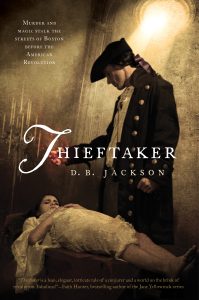 I finished the book and showed it to my agent. She liked it a lot, but thought it needed work. She was right, of course. But by that time, I had signed the contracts for Robin Hood and the Thieftaker books. Not too long after, I finally sold the Fearsson series to Baen Books and so had that trilogy to get through.
I finished the book and showed it to my agent. She liked it a lot, but thought it needed work. She was right, of course. But by that time, I had signed the contracts for Robin Hood and the Thieftaker books. Not too long after, I finally sold the Fearsson series to Baen Books and so had that trilogy to get through.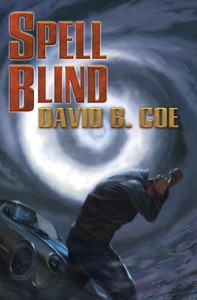 But I never forgot my Celtic urban fantasy, or its heroes Marti and Kel. When I had some spare time, I went back and rewrote the book, incorporating revision notes from friends and from my agent with my own sense of what the book needed. I rewrote it a second time a couple of years later, and having some time, started work on a second volume, this one set in Australia (where my family and I lived in 2005-2006). I stalled out on that book about two-thirds of the way in, but I liked what I had. By then, though, I was deeply involved with the final Thieftaker books and the Fearsson series. And I was starting to have some ideas for what would become the Islevale trilogy.
But I never forgot my Celtic urban fantasy, or its heroes Marti and Kel. When I had some spare time, I went back and rewrote the book, incorporating revision notes from friends and from my agent with my own sense of what the book needed. I rewrote it a second time a couple of years later, and having some time, started work on a second volume, this one set in Australia (where my family and I lived in 2005-2006). I stalled out on that book about two-thirds of the way in, but I liked what I had. By then, though, I was deeply involved with the final Thieftaker books and the Fearsson series. And I was starting to have some ideas for what would become the Islevale trilogy. What about you? I’m not merely asking what you wish to accomplish, though obviously that’s part of the equation. I’m asking as well what you care about. Sure, maybe you want to be published — or at least contracted — by year’s end. That’s a laudable goal. But what project will get you there? What story is burning brightest inside you? What work will bring you joy? What project is most likely to tap into your greatest creative passion? That ought to be part of the equation as well.
What about you? I’m not merely asking what you wish to accomplish, though obviously that’s part of the equation. I’m asking as well what you care about. Sure, maybe you want to be published — or at least contracted — by year’s end. That’s a laudable goal. But what project will get you there? What story is burning brightest inside you? What work will bring you joy? What project is most likely to tap into your greatest creative passion? That ought to be part of the equation as well.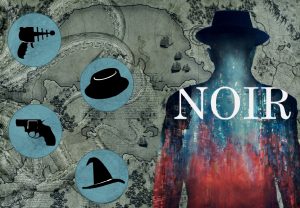 So far, we have received some very good stories. We have also received far, far more that won’t make the first cut. And so I thought I would go over again, briefly, the things that can make or break a story submission, at least for this editor.
So far, we have received some very good stories. We have also received far, far more that won’t make the first cut. And so I thought I would go over again, briefly, the things that can make or break a story submission, at least for this editor.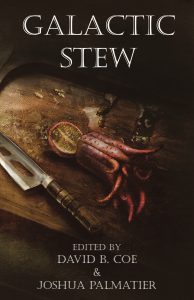 Will I reject a story simply because it is single-spaced instead of double-spaced? No, I’m not quite that mean. But when reading a story, knowing I have literally dozens more waiting in the queue, I will only tolerate so many flaws before I reject it. Remember, I have 500 stories to choose from. I can and will find what I’m looking for. No story is ever perfect, so ask yourself, do you want to expend one of your flaws on formatting? Or do you want to present your story correctly so that I can judge it on its artistic merits? The answer seems self-evident to me.
Will I reject a story simply because it is single-spaced instead of double-spaced? No, I’m not quite that mean. But when reading a story, knowing I have literally dozens more waiting in the queue, I will only tolerate so many flaws before I reject it. Remember, I have 500 stories to choose from. I can and will find what I’m looking for. No story is ever perfect, so ask yourself, do you want to expend one of your flaws on formatting? Or do you want to present your story correctly so that I can judge it on its artistic merits? The answer seems self-evident to me.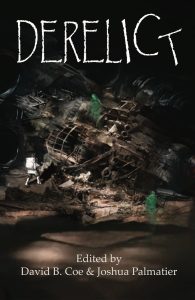 1) I abhor the cliché, but think outside the box. As
1) I abhor the cliché, but think outside the box. As 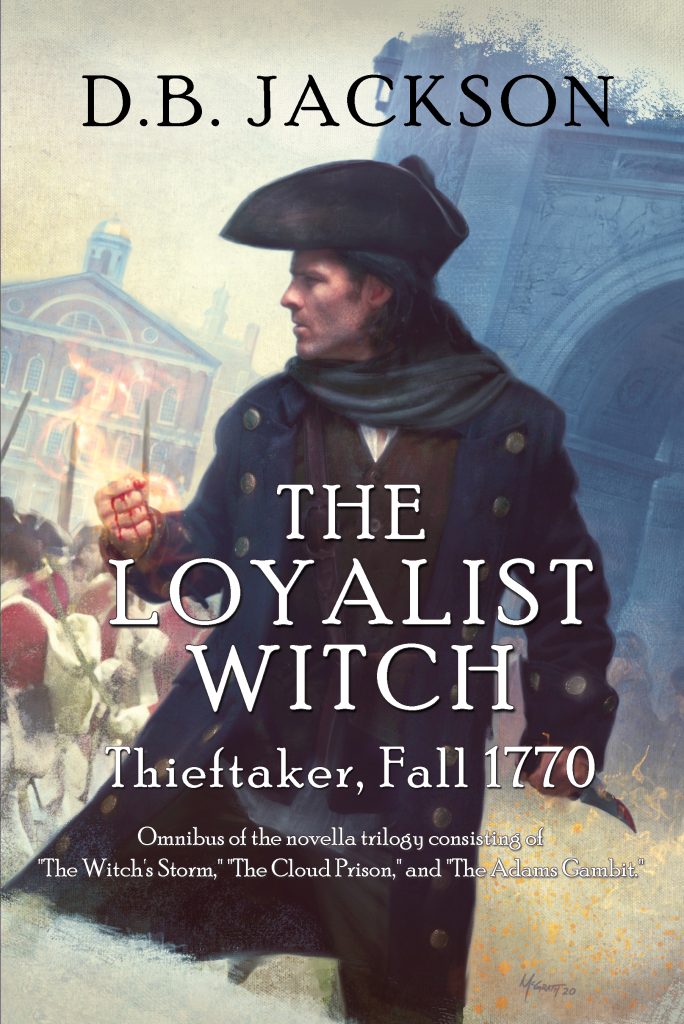 What are you giving for the holidays?
What are you giving for the holidays?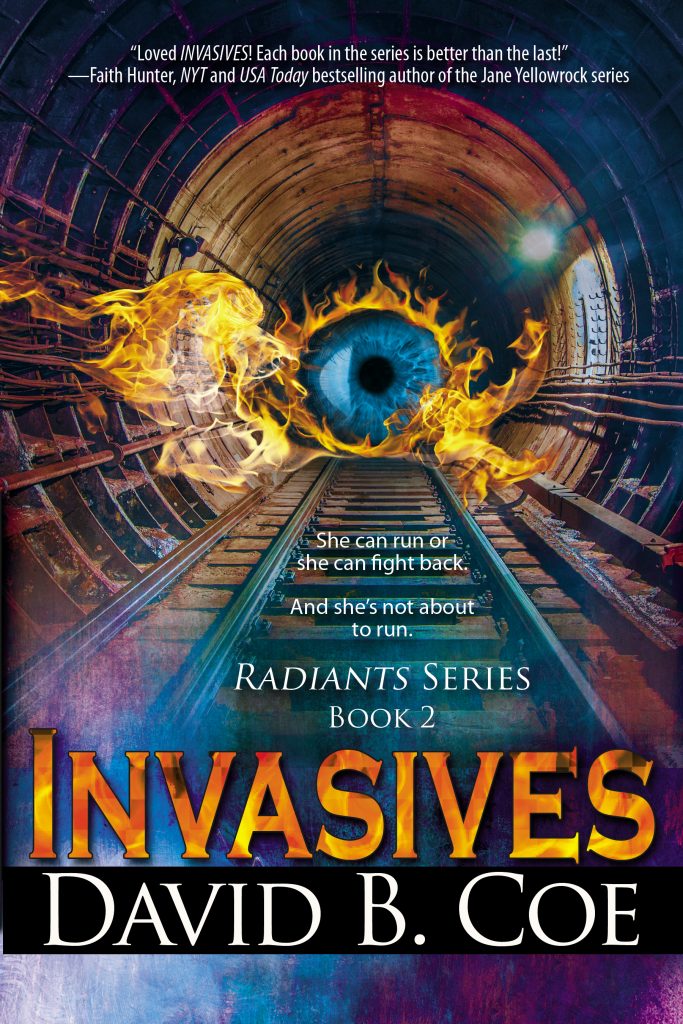 May I suggest a book, or several books?
May I suggest a book, or several books?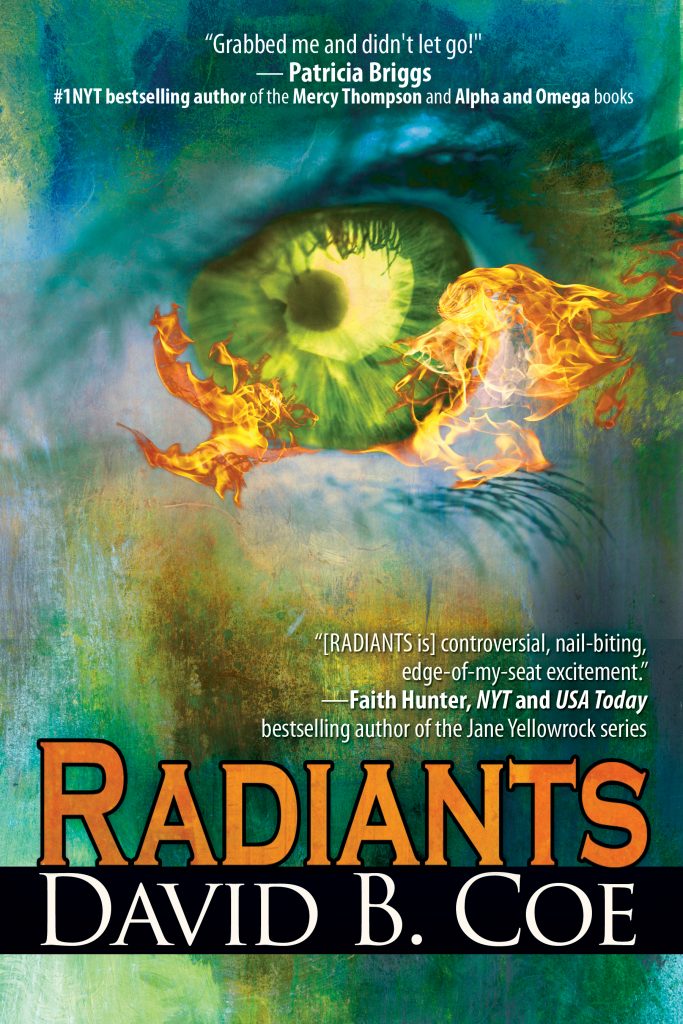 Yes, I know, this probably seems a little crass. But here’s the thing: Creators like me make our livings off the sale of our creations. It really is that simple. If our books (or music or art or whatever) don’t sell, we don’t earn.
Yes, I know, this probably seems a little crass. But here’s the thing: Creators like me make our livings off the sale of our creations. It really is that simple. If our books (or music or art or whatever) don’t sell, we don’t earn.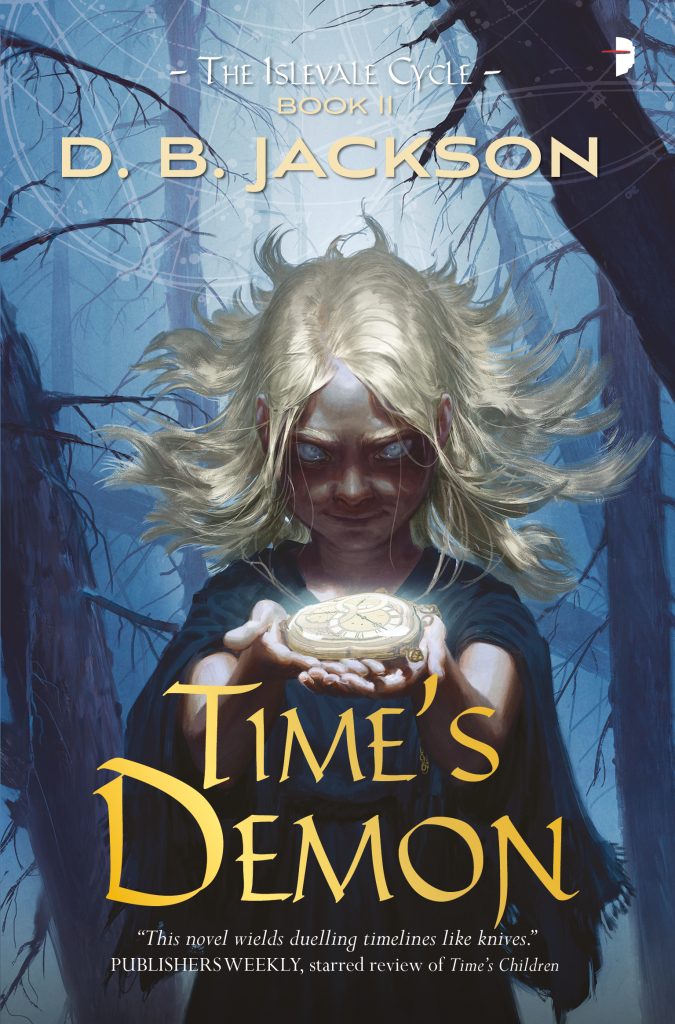 Now, many of you are probably saying at this point that you have already bought my books and, I hope, read and enjoyed them. That’s wonderful. Thank you. Truly.
Now, many of you are probably saying at this point that you have already bought my books and, I hope, read and enjoyed them. That’s wonderful. Thank you. Truly.